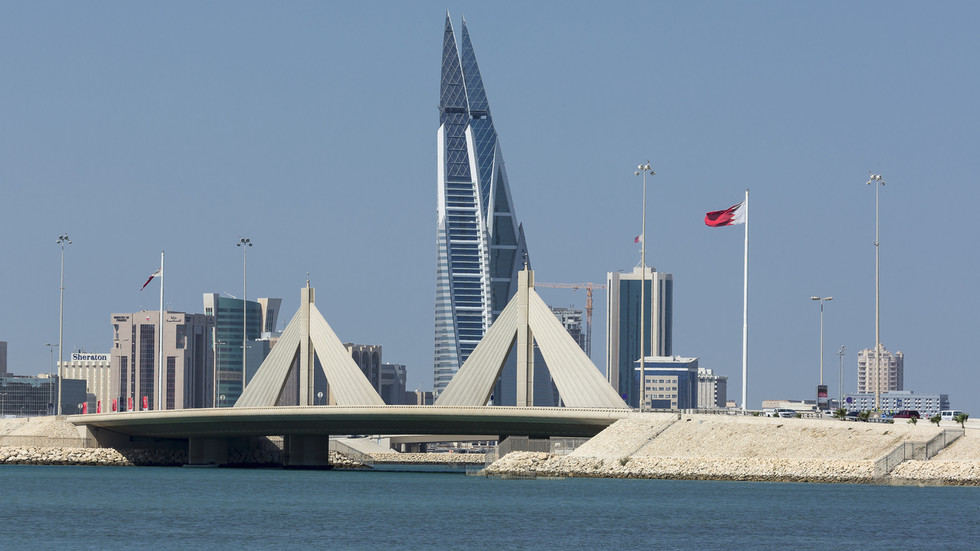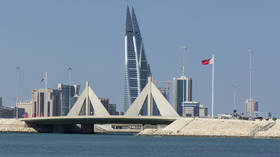
S&P ratings agency expects the Arab country’s economy to grow nearly 5% this year

© Getty Images / Buena Vista Images
S&P Global Ratings has revised Bahrain’s economic outlook from “stable” to “positive,” citing high global oil prices and the Gulf nation’s successful efforts to reduce its budget deficit.
Bahrain’s economy grew 6.9% in the second quarter of 2022, the highest rate in 11 years, due to a strong performance in non-oil sectors following economic reforms. Manama launched an ambitious reform plan last year, aiming to invest about $30 billion in projects to boost growth, provide new employment opportunities, and attract $2.5 billion in foreign direct investment. In an effort to balance the budget, the government also hiked value-added tax from 5% to 10%.
“Solid growth in non-oil receipts and budget consolidation measures are easing pressure on Bahrain’s fiscal position. We also assume the country’s external vulnerabilities will decline amid current account surpluses… The positive outlook reflects the government’s ongoing implementation of the updated fiscal balance program,” the ratings agency said it its report, adding that it expects the reforms “to drive non-oil activity to spur domestic employment and attract investments in strategic sectors such as tourism, housing, roads, airports, and electricity.”
While Bahrain’s energy sector is smaller than that of other Gulf states, with only 200,000 barrels of oil a day produced compared with about 11 million barrels for Saudi Arabia, the country has still benefited from soaring crude prices. The global benchmark Brent, while currently trading around $82 per barrel, reached over $120 per barrel earlier this year, allowing oil-exporting countries to reap significant profits.
“We expect the favorable external environment will enable Bahrain to achieve another current account surplus of 10.9% of GDP in 2022, up from 6.7% in 2021,” S&P stated.
S&P expects the kingdom’s economy to grow 4.8% in 2022, before slowing to about 2.5% in 2023-25 due to gradually declining commodity prices and slowing global growth.
For more stories on economy & finance visit RT’s business section




